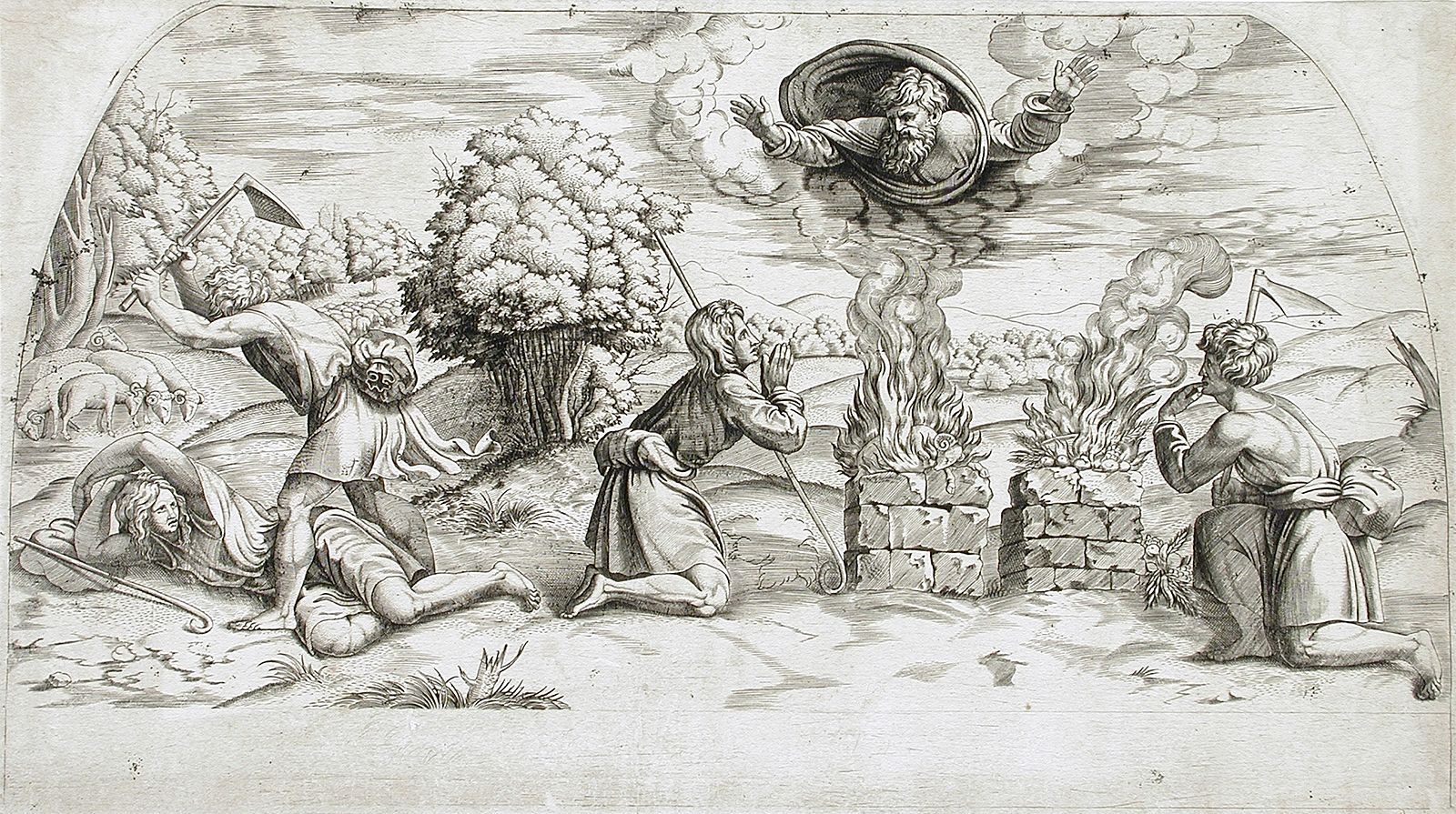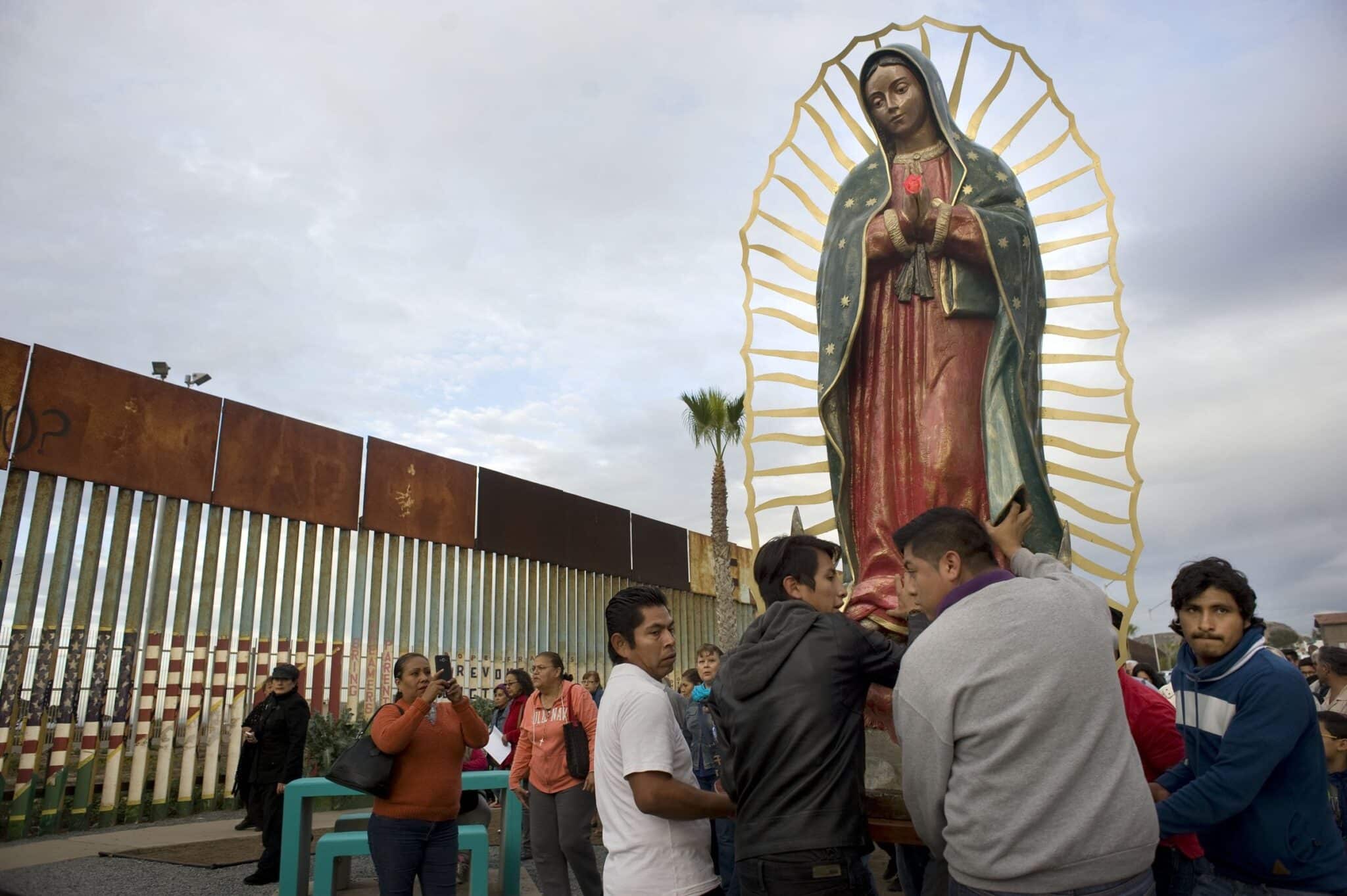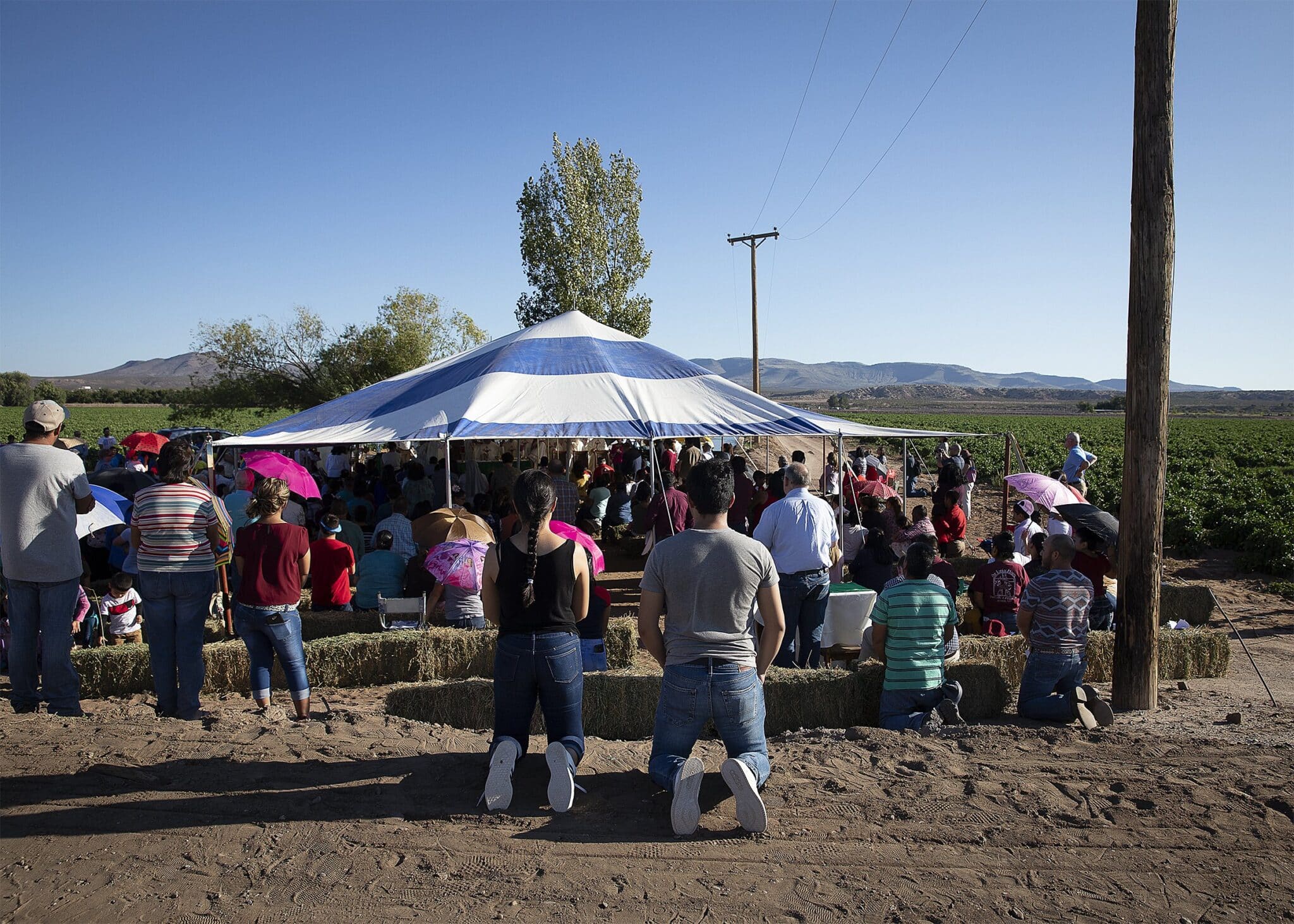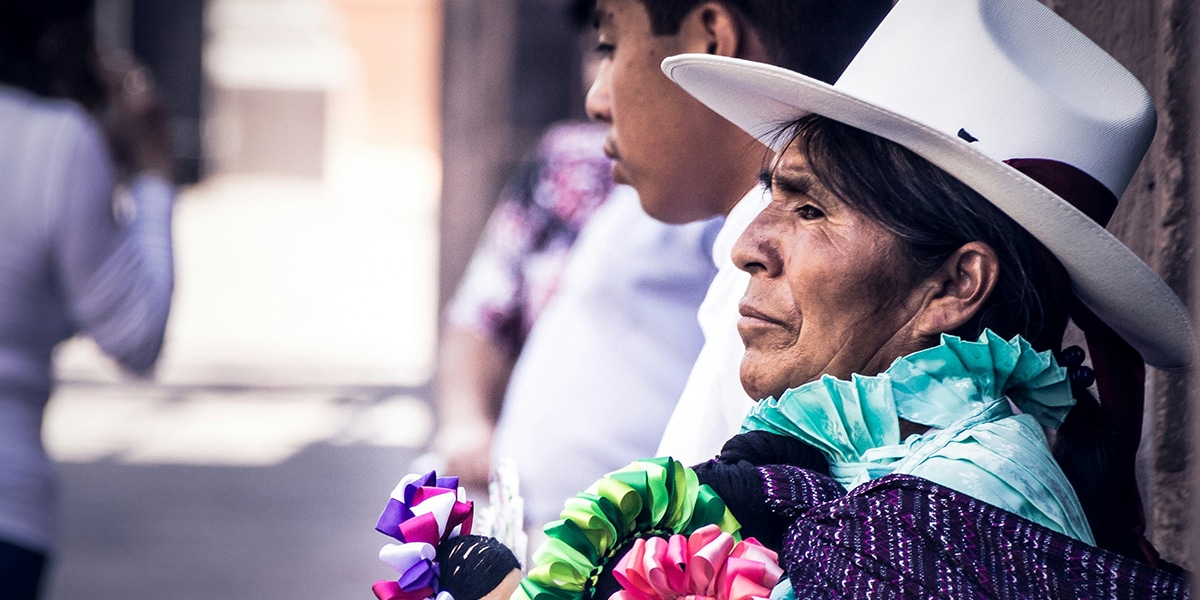Q. Cain killed his brother, Abel, out of jealousy because God accepted Abel’s sacrifice, “the firstlings of his flock, their fat portions,” but not Cain’s from “the fruit of the soil” (Gn 4:3–5, New Revised Standard Version). Why? Is livestock a better offering than grains or produce? And what did God mean in saying to Cain, “If you do well, will you not be accepted” (Gn 4:7)? How do Catholic theologians explain this? Are there some philosophical/psychological insights to be garnered from this little passage?
A. This is a compelling story, but it is not necessarily what you would have captured if you had been there with a camera and tape recorder. In fact, the differing Hebrew names for God in chapter 4 indicate that, like the entire Book of Genesis, this story is a later weaving together by an author/editor of what were originally separate stories.
In The New Jerome Biblical Commentary, Father Richard Clifford, SJ, writes: “Most commentators believe Abel’s offering was the choice part and Cain’s was not, but the emphasis falls on Yahweh’s inscrutable acceptance of one and not the other.” Regarding verse 7, Clifford continues: “If you act rightly, acceptance [literally, lifting], but if you do not act rightly, sin is a croucher at the door [that is, in your path]. Its intent is directed toward you, but you are to master it: As the literal translation shows, Yahweh’s response to the distressed (not “angry”) Cain is extremely difficult to understand and [the text] may be corrupt; all translations are uncertain.”
Chapters 1 through 11 of Genesis emphasize four stories about human sin: Adam and Eve’s disobedience, Cain’s murder of Abel, the general depravity that caused the flood that Noah and his family survived, and the building of the Tower of Babel. Each story reaffirms that human sin arises from a misuse of human freedom, not from a mistake on God’s part or from the conflict between a good creator God and an evil creator God, a common explanation of evil among Israel’s pagan neighbors.
Perhaps the problem is not with the content of Cain’s sacrifice but with the fact that he is the older brother. Although we easily assume that God makes choices for the same reasons that we do, the Bible gives us plenty of evidence to the contrary: for example, God chooses the younger Jacob instead of Esau, Rachel instead of Leah, and Joseph over his older brothers. A similar pattern occurs frequently elsewhere in the Bible. The Hebrews became the chosen people for God’s own reasons, not because of their wealth or military strength. St. Paul reminds the Christians in Corinth that his preaching to them relied on God’s power and wisdom, not on clever human words.
We should try to take away from such stories what the inspired writer wanted us to learn. Catholic and Protestant theologians affirm that even after he killed Abel, Cain was not beyond God’s love and mercy. In heaven we can find out if there were major philosophical or psychological insights that we missed.
We cannot see this passage as the literal account of a conversation between God and Cain. The first 11 chapters of the Book of Genesis are much more interested in presenting an interpretation of creation, sin, and human history from God’s point of view than a moment-by-moment description of the events described.








